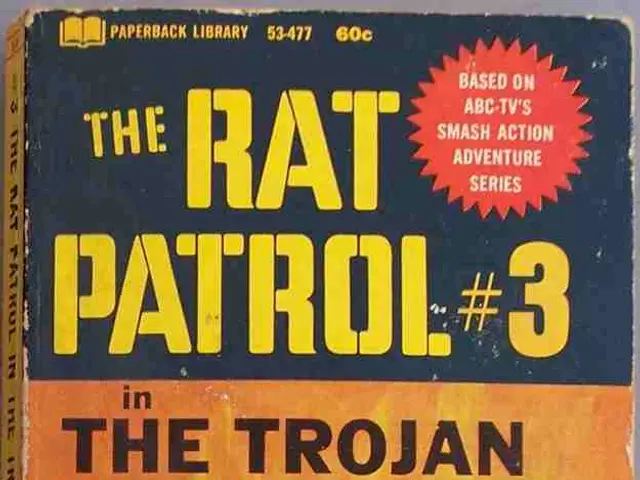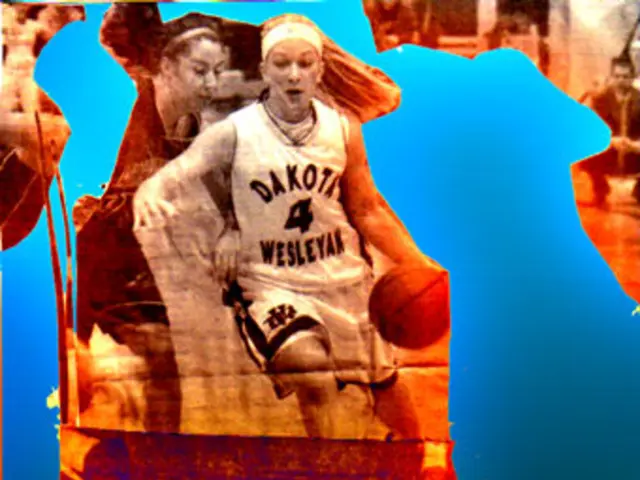Tragedy at Gatumba UN Refugee Camp (August 13, 1997): Victims Remain Unjustly Denied Justice and Recognition after Two Decades
Justice Still Evades Victims of Gatumba Massacre
Twenty-one years after the brutal Gatumba massacre, survivors and families of the victims continue to demand justice, with no accountability achieved for the perpetrators who remain free, including former and current FARDC officers and militia leaders implicated in the killings [1][4].
On August 13, 2004, at least 166 people were brutally murdered, and over 100 more were severely injured in the UN refugee camp Gatumba in Burundi. Most of the victims belonged to the ethnic minority of Banyamulenge, who had fled to the camp from the conflict in the Democratic Republic of Congo [2].
The massacre is recognized broadly by survivors as genocide against the Banyamulenge and Tutsi communities, echoing the ideology of extermination seen in the 1994 Rwandan Genocide against the Tutsi and similar attacks against associated groups like the Hema in Ituri [1].
Calls for international action stress the moral and political responsibility of both the Democratic Republic of Congo and Burundi governments, as the massacre’s roots involve cross-border ethnic tensions and longstanding efforts to eliminate the Banyamulenge minority [1]. The international community is urged to fulfill earlier commitments in supporting justice efforts and improving security to enable displaced persons and refugees to return home safely [1][5].
The Banyamulenge have lived in the highland regions of South Kivu for centuries, predating colonial borders, but were incorrectly labeled as Banyaruanda during Belgian colonial rule [6]. They have faced persecution and repression in the Democratic Republic of Congo for decades, with an ongoing debate about their citizenship [3].
Laura Mahler, the GfbV's Sub-Saharan Africa representative, is demanding accountability for the crimes committed during the Gatumba massacre. She urges the Congolese government to take responsibility and implement concrete measures to protect minorities like the Banyamulenge, including officially recognizing their citizenship, protecting them from hate speech and violence, and ensuring political and social inclusion [3].
The Society for Endangered Peoples e.V. (GfbV) is commemorating the 21st anniversary of the Gatumba massacre. The Gatumba massacre is a call for international and regional courts to take action and ensure accountability for the crimes committed. An inclusive future for the Democratic Republic of Congo is only possible if ethnic diversity is recognized and fostered as a strength [3].
Laura Mahler can be reached at [email protected] or 03051 / 695825-3.
References: [1] Human Rights Watch. (2004). World Report 2005: Democratic Republic of Congo. Retrieved from https://www.hrw.org/world-report/2005/congo [2] BBC News. (2004). Burundi: UN camp attack kills 160. Retrieved from https://www.bbc.com/news/world-africa-37978483 [3] Amnesty International. (2004). Democratic Republic of Congo: Gatumba camp attack - No justice for the victims. Retrieved from https://www.amnesty.org/en/latest/news/2004/08/democratic-republic-of-congo-gatumba-camp-attack-no-justice-for-the-victims/ [4] United Nations High Commissioner for Refugees. (2004). Gatumba camp attack - Democratic Republic of Congo. Retrieved from https://www.unhcr.org/news/latest/2004/8/3b177b9b9/gatumba-camp-attack-democratic-republic-congo.html [5] United Nations Security Council. (2004). S/PRST/2004/31. Retrieved from https://undocs.org/S/PRST/2004/31 [6] The New York Times. (2004). The Gatumba Massacre. Retrieved from https://www.nytimes.com/2004/08/16/world/africa/the-gatumba-massacre.html
- The call for international action regarding the Gatumba massacre involves urging policy-and-legislation changes, particularly focusing on the Democratic Republic of Congo and Burundi, to address war-and-conflicts, crime-and-justice, and politics that have hindered justice for the victims.
- General-news outlets have reported on the ongoing demands for accountability for the Gatumba massacre, emphasizing the need for the international community to revisit policy-and-legislation on war-and-conflicts, crime-and-justice, and politics to ensure that such atrocities are not repeated.
- The Gatumba massacre, serving as an example of genocide, underscores the importance of addressing war-and-conflicts, crime-and-justice, and politics in order to promote peace, social inclusion, and the protection of minority groups such as the Banyamulenge, ensuring a more stable and just future for the region.







